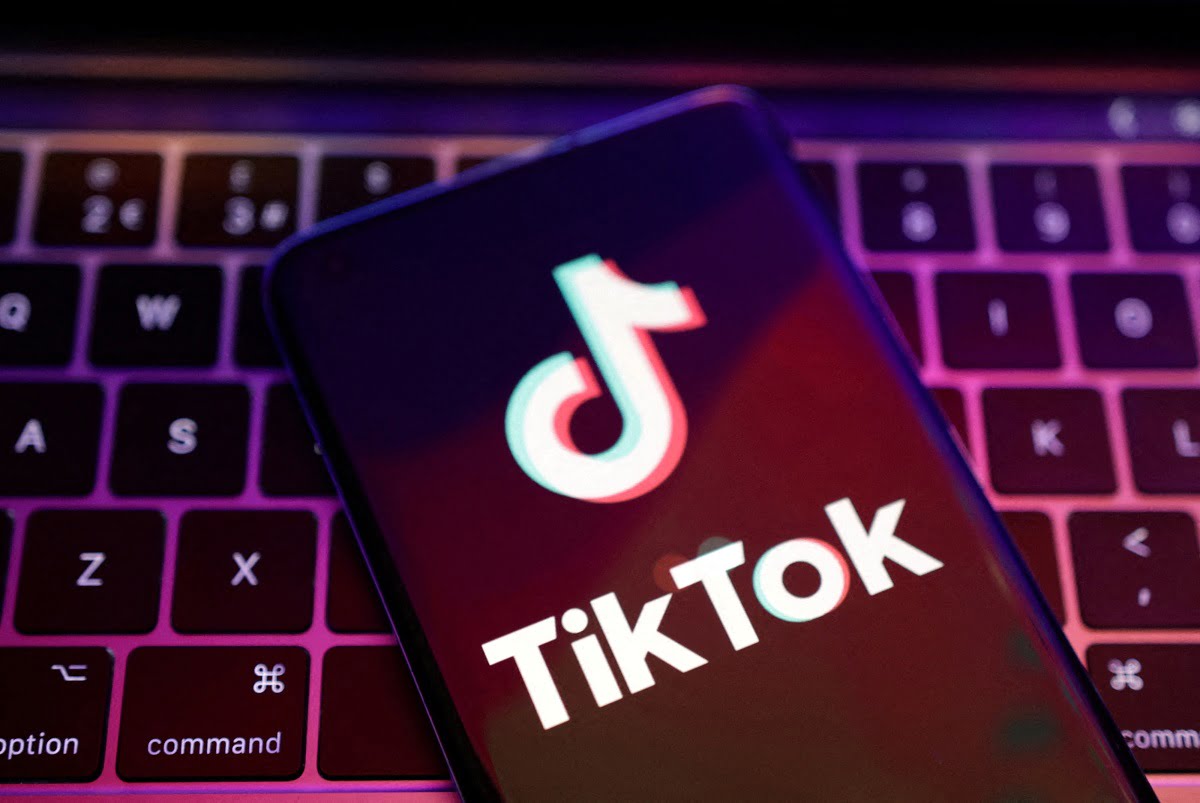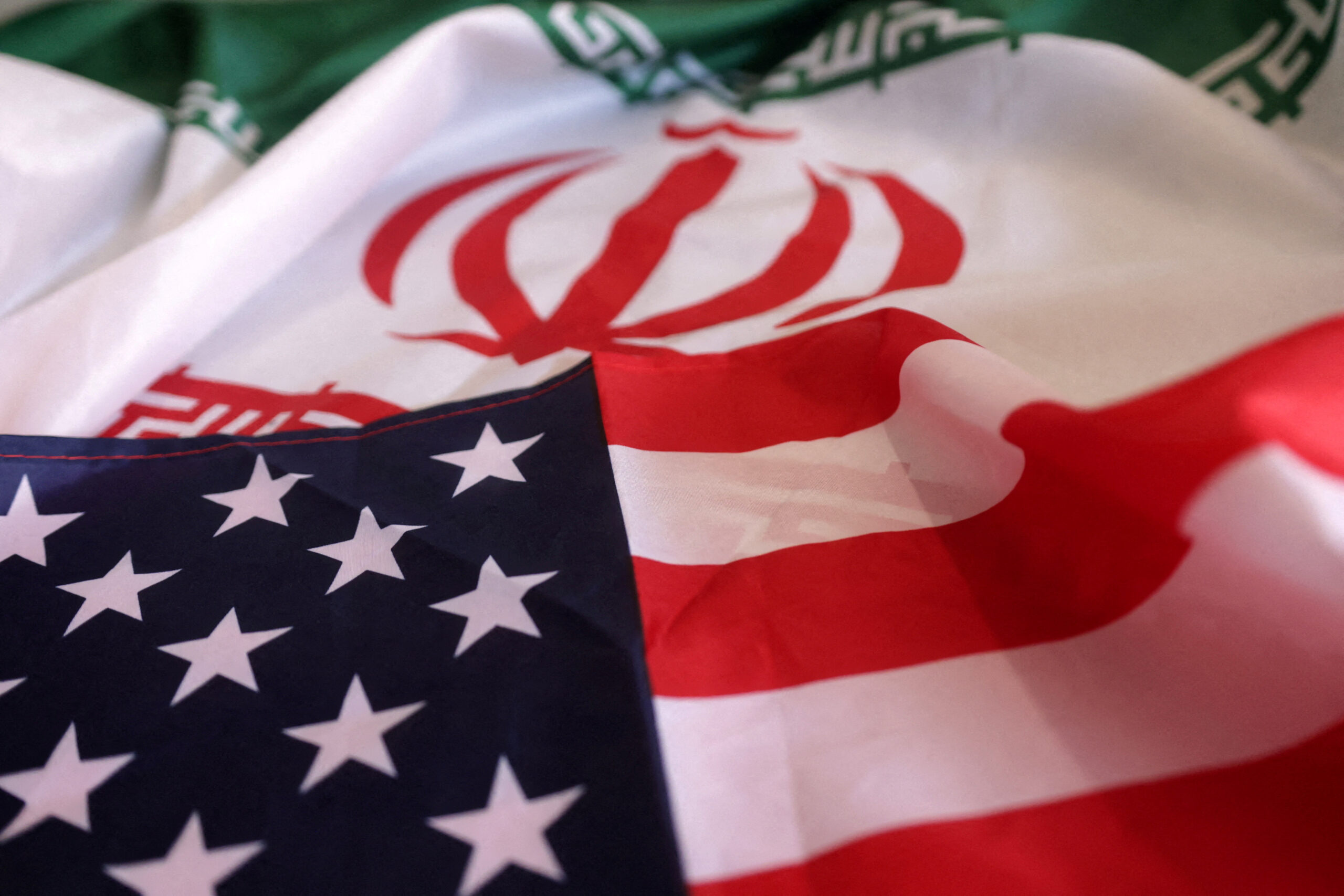New rules have been implemented in China that impose stricter restrictions on internet companies, including social media giants like Tencent, ByteDance, and Weibo. The expanded State Secrets Law requires “network operators” to monitor and take action if users post sensitive information. This is the first update in more than a decade and is in line with President Xi Jinping’s focus on national security.
While internet companies in China are already subject to strict rules, the changes “set a new standard for active self-monitoring and rapid cooperation,” said Hong Kong-based law professor Ryan Mitchell. The revised rules broaden the definition of what may be deemed sensitive information, including “work secrets” or information about the decision-making of state agencies. This could be particularly problematic for journalists, including foreign correspondents, raising concerns about the freedom of press.
Taiwan has also voiced concerns about the new rules and said they could place visitors from the island to China at risk. The international law firm Baker McKenzie FenXun, however, has raised a red flag, stating that the definition of what are considered to be state secrets is “broad and vague,” and this could potentially pose a substantial risk for multinational companies operating in China.
The new regulations come as social media giant TikTok and its Chinese parent company ByteDance face increased scrutiny in the US and other Western countries. However, Mr. Mitchell said the new rules “do not seem to be mainly geared towards regulating the overseas operations of Chinese firms.”














